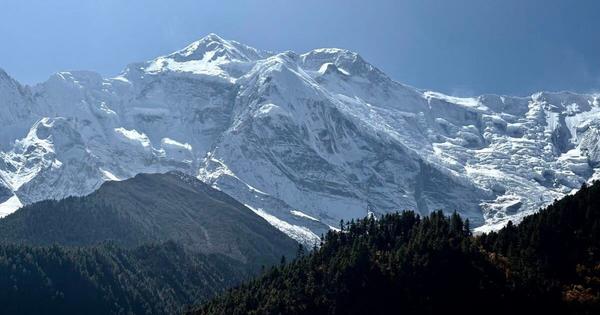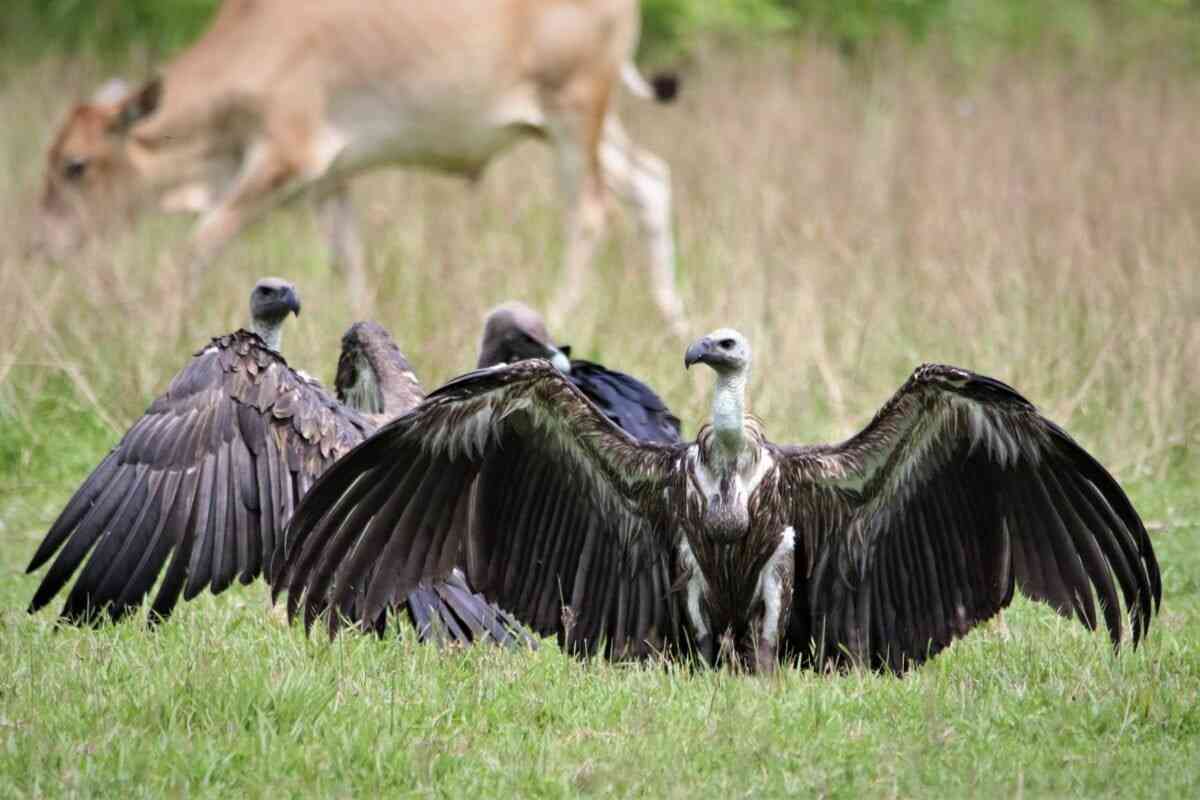
Nepal’s outgoing government, toppled by two days of nationwide Gen Z protests, granted national priority status to six commercial cable car projects, according to documents released by the new government recently.
The decision made by the cabinet of former Prime Minister KP Sharma Oli, but published after the interim caretaker government took office, has drawn condemnation from lawyers, conservationists and Indigenous groups. They say the move, which is in contempt of court, has made it easier to acquire and clear national forest and protected area lands, and lacks proper environmental and community review.
“The full text of verdicts directly relevant to some of the projects is yet to be published by the Supreme Court,” said senior environmental lawyer Padam Bahadur Shrestha. “The government notification is completely illegal and unacceptable,” he told Mongabay.
Documents published on an official website of the Office of the Prime Minister and Council of Ministers reveal that on August 25, the KP Sharma Oli government, already facing criticism for its handling of the Pathibhara cable car protests, decided to issue the notification even with pending court cases.
When the notification appeared in the national gazette September 22, confusion deepened regarding which administration was responsible for the decision.
Although ropeways are seen as a promising mode of transport in Nepal’s mountainous terrain, private companies such as the IME Group led by businessman Chandra Dhakal have increasingly sought to cash in on their popularity by acquiring national forest and protected area lands to build commercial resorts and hilltop hotels connected by cable car lines.
This has sparked resistance from local communities such as the Indigenous Yakthung (Limbu) people in Pathibhara, eastern Nepal, where a hill of deep spiritual and religious significance is being developed into a resort.
The Annapurna Sikles cable car project traversing the world-renowned Annapurna Conservation Area is one of the six projects to receive national priority status and is also promoted by Dhakal.
Studies show the Annapurna conservation area is a biodiversity hotspot serving as core habitat for a range of endemic and globally threatened bird species, including the spiny babbler (Turdoides nipalensis), white-rumped vulture (Gyps bengalensis) and red-headed vulture (Sarcogyps calvus).

The 6.9 billion-rupee (roughly $50 million) project has already received environmental clearance. According to the environmental impact assessment, 3,801 trees and poles will be cut down for the project.
However, Shrestha said the environmental impact assessment is replete with flaws. “The assessment mentions the use of tons of cement for construction, overlooking the impacts on the area’s overall ecosystem. And if the project cuts down more trees than required, who will regulate it?” he asked.
Devi Jung Gurung, chairperson of Madi Rural Municipality, Ward 1, in the Annapurna region, told Mongabay the local government was unaware of the project updates as officials (including him) attended the last public hearing about three years ago. “Given that the project lies within a protected area and is historically known for its trekking attraction, I can’t figure out how such projects get approved in the first place,” Gurung said.
Once the cable car is built, Gurung said, the project claims it will bring in more than 6,000 visitors. But in what ways the Indigenous and local communities living near the project area will benefit is not yet clear, Gurung said. “And we also don’t see concrete plans for the management of waste and pollution that will be created.”
Following the notification, the six companies, including Annapurna Sikles, can use any area of the national forest and land, unless the project creates an adverse impact on the environment, natural resources lawyer Dil Raj Khanal said. “This provides the companies a shield to overlook the best interests of the environment and the forest communities,” he told Mongabay.
Nepal is home to 13 national parks, one wildlife reserve, one hunting reserve, six conservation areas and 13 buffer zones. These protected areas are spread across the breadth of the country, from the lowland Terai Arc (home to Bengal tigers, Panthera tigris tigris) to the high Himalayas (home to snow leopards, P uncia). Around 46% of the country’s total land is covered by forests, up from around 29% in 1994.
The notification disregards two sub judice petitions, whose full verdicts are yet to be issued. The first one, filed in January 2023, demands a halt to the construction of the Sikles Annapurna cable car, alleging that the project’s environmental impact assessment report was flawed.
The other one, filed in July 2024, challenges an amendment to the National Parks and Wildlife Conservation Act, 1972, which opened up protected areas to infrastructure such as hotels and cable cars.
On January 16, 2024, the Supreme Court’s Constitutional Bench annulled the amendment, criticized for undermining environmental protection and biodiversity. Although the court declared the amended provisions unconstitutional, invalid and void, it is yet to issue a full verdict, which remains uncertain after the court was also razed by protesters during the two-day uprising.
Following the summary verdict, there is no legal basis for the construction of any infrastructure inside protected areas, legal experts say.
The move would also adversely impact areas outside protected zones where the five other projects have been proposed, Khanal said, adding that these areas are also ecologically sensitive. Khanal, who is also a resident of Arghakhanchi district, where one of the six projects, the Supa Deurali cable car, has been proposed, said developers haven’t properly consulted the local people and made them aware of the project’s impacts.
Shrestha said the onus is now on the interim government to reverse the decision, as it jeopardizes conservation in Nepal.
Mongabay reached out to the newly appointed minister for industry, commerce and supply, Anil Kumar Sinha, who said he was not aware of the notification as it was issued by the previous government, and refused to comment further on the issue.
This article was first published on Mongabay.
📰 Crime Today News is proudly sponsored by DRYFRUIT & CO – A Brand by eFabby Global LLC
Design & Developed by Yes Mom Hosting






